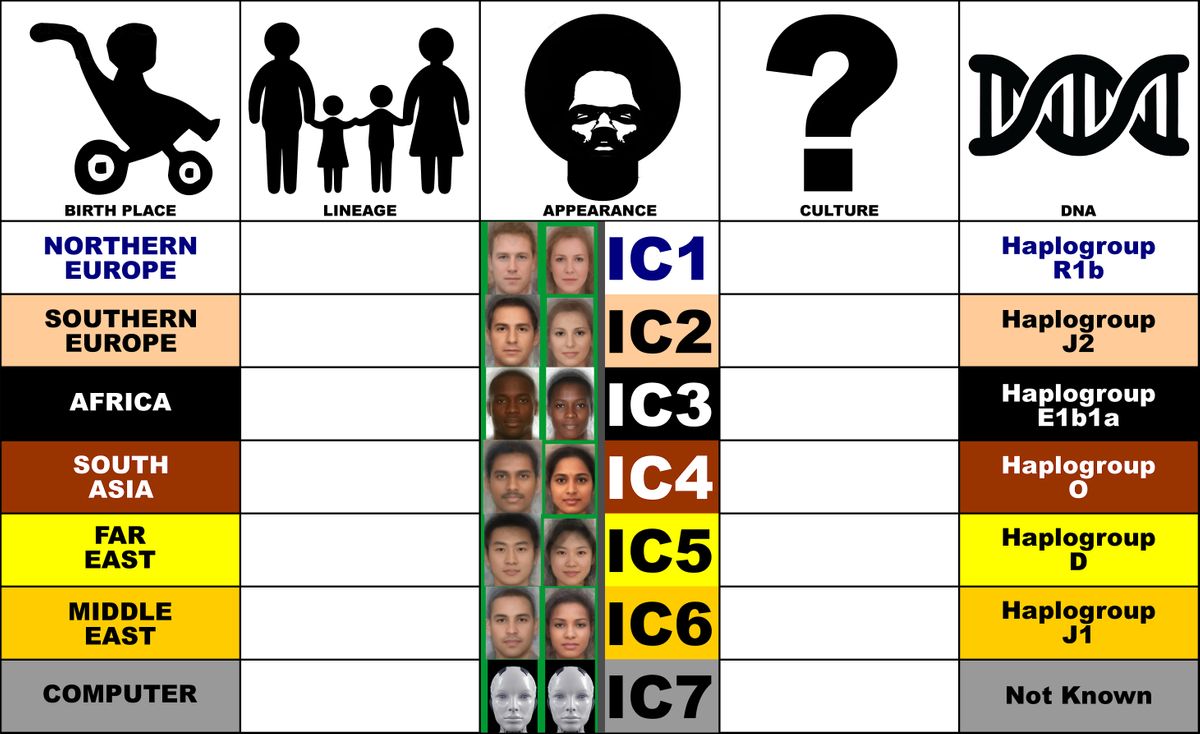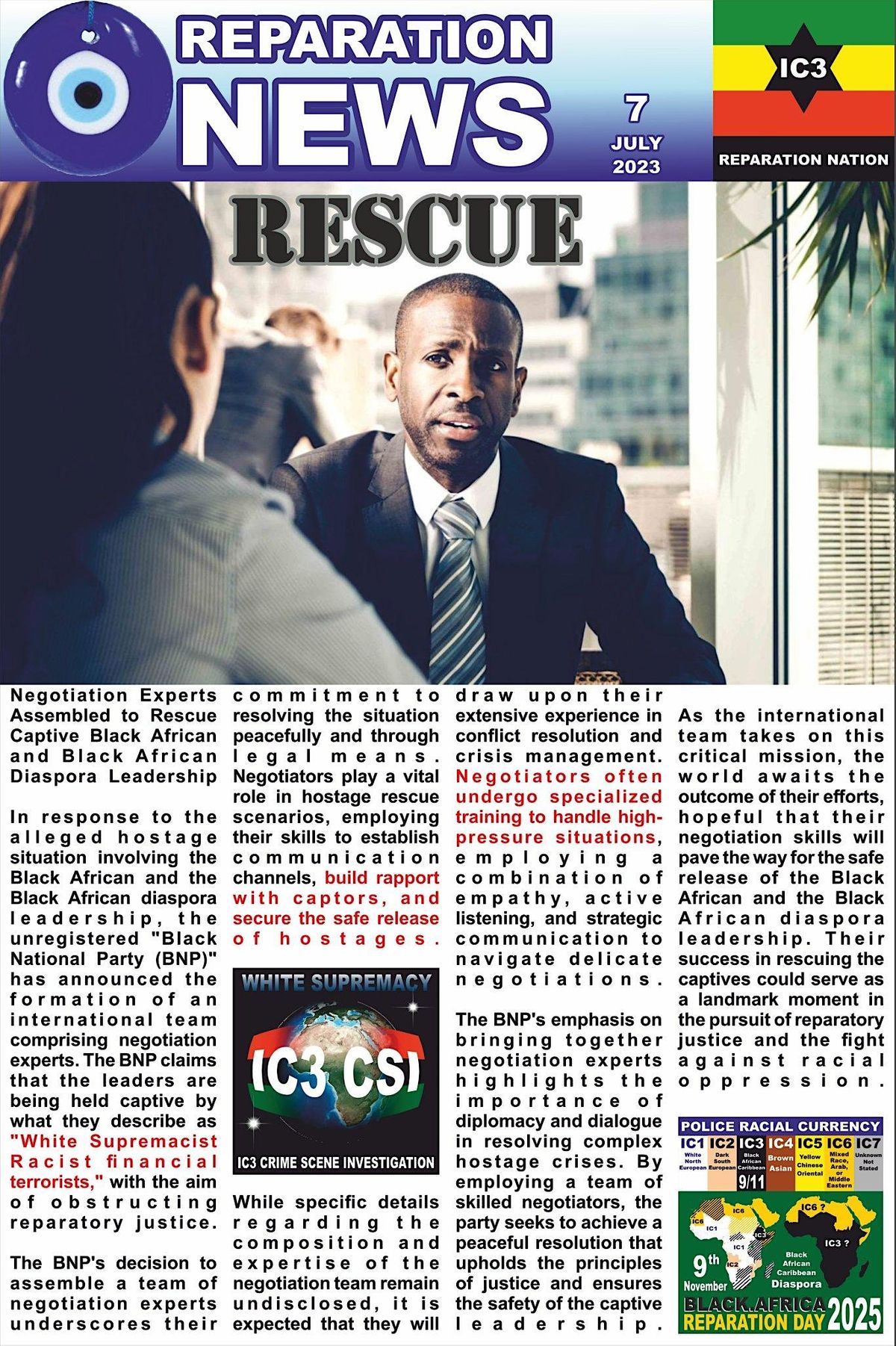SOAS ADEJA ARAB ISRAELI PALESTINE MIDDLE EAST PEACE PROCESS REPARATIONS
Schedule
Sun, 09 Jun, 2024 at 03:00 pm to Sun, 09 Nov, 2025 at 09:00 pm
UTC+01:00Location
SOAS University of London | London, EN

About this Event
The ADEJA Weekly Meetings: A Bold Initiative for Peace and Justice
Understanding SOAS
The School of Oriental and African Studies (SOAS), University of London, is renowned for its academic focus on Asia, Africa, and the Middle East. With a rich history dating back to its establishment in 1916, SOAS has been a hub for research and scholarship on cultures, languages, and histories that are often underrepresented in Western academia. The institution's unique positioning and its commitment to social justice make it an ideal venue for discussions on complex global issues.
SOAS is known for its diverse student body and faculty, representing over 130 countries. This diversity fosters a vibrant intellectual community that encourages the exchange of ideas across different cultural and disciplinary boundaries. The university's commitment to promoting social justice, equality, and human rights aligns seamlessly with the objectives of the African Diaspora Equity and Justice Alliance (ADEJA), making it a fitting location for their weekly meetings.
Why SOAS is the Perfect Venue for ADEJA Meetings
SOAS's strategic location in London, a global city with a significant influence on international affairs, provides an accessible platform for both local and international participants. The university's emphasis on interdisciplinary studies and its extensive network of experts on Middle Eastern, African, and Asian studies offer invaluable resources for the ADEJA movement. Additionally, SOAS's public areas provide a neutral ground where diverse voices can come together to engage in meaningful dialogue, making it an ideal setting for ADEJA's weekly discussions on reparatory justice and peace processes.
The Israel-Palestine Conflict: A Brief Overview
The conflict between Israel and Palestine is one of the most enduring and complex disputes in modern history. Rooted in historical, religious, and territorial issues, it has resulted in prolonged periods of violence, displacement, and suffering for millions of people. The core of the conflict lies in competing nationalisms and claims over the same land.
Historical Context
The roots of the conflict can be traced back to the late 19th and early 20th centuries, with the rise of both Jewish and Arab national movements. The establishment of the State of Israel in 1948, following the end of British mandate in Palestine, led to the first Arab-Israeli war and the displacement of hundreds of thousands of Palestinians, an event known as the Nakba (catastrophe).
Since then, several wars, uprisings (Intifadas), and numerous failed peace initiatives have marked the history of the region. The Oslo Accords in the 1990s raised hopes for a two-state solution, but subsequent developments, including settlement expansions and political divisions, have impeded progress towards a lasting peace.
Current Peace Process Efforts
Efforts to achieve peace have involved multiple international actors, including the United Nations, the United States, the European Union, and various Arab states. Despite these efforts, key issues such as the status of Jerusalem, Palestinian statehood, security concerns, and the rights of refugees remain unresolved.
ADEJA: A Movement for Reparatory Justice
The African Diaspora Equity and Justice Alliance (ADEJA) is a global initiative aimed at addressing historical injustices and achieving reparatory justice for Black and Mixed-Black individuals. ADEJA's mission is to empower these communities through evidence-based claims and promote unity, well-being, and historical redress.
Core Objectives and Principles of ADEJA
- Reparatory Justice: ADEJA seeks to secure reparations for historical injustices faced by Black and Mixed-Black communities. This involves financial compensation, cultural restitution, and the restoration of dignity and rights.
- Empowerment and Unity: ADEJA aims to unite Black and Mixed-Black individuals globally, fostering a sense of community and collective strength. The movement emphasizes the importance of cultural identity and heritage in achieving social and economic empowerment.
- Evidence-Based Claims: ADEJA processes reparation claims based on solid evidence. This meticulous approach ensures that claims are legitimate and substantiated, enhancing the credibility and effectiveness of the movement.
ADEJA's Vision for Middle East Peace
The ADEJA movement posits that delivering reparatory justice to Black and Mixed-Black communities can play a crucial role in achieving peace in the Middle East. This innovative approach is grounded in the belief that addressing historical injustices and promoting racial equality can create a foundation for broader peace and reconciliation efforts.
The UK Race and Ethnicity Standards
The United Kingdom has established comprehensive race and ethnicity standards, encapsulated in the Equality Act 2010. This legislation protects individuals from discrimination based on protected characteristics, including race. ADEJA advocates for the application of these standards in the Middle East peace process, arguing that recognizing and addressing racial dynamics can prevent the shortcomings observed in other international bodies like the UN, AU, and EU.
The Role of Race in the Abrahamic Faiths
Judaism, Christianity, and Islam, the three major Abrahamic faiths, each have unique perspectives on race and ethnicity. However, the lack of clarity and uniformity in addressing racial issues within these religions has sometimes hindered their effectiveness in promoting justice and equality on a global scale. ADEJA emphasizes the need for these faiths to adopt clear, consistent approaches to race to enhance their contributions to international peace and justice efforts.
ADEJA's Commitment to Race as a Protected Characteristic
ADEJA recognizes the importance of race as one of the Protected Characteristics under UK law. The movement underscores that a clear understanding and recognition of racial identities are crucial for achieving justice and equality. This commitment aligns with the UK government's national security interests and its broader goals of social cohesion and stability.
SOAS and ADEJA: Partners in Peace and Justice
Both SOAS and ADEJA share a common goal of promoting peace and justice through education, research, and advocacy. SOAS's academic expertise and commitment to social justice provide a strong foundation for supporting ADEJA's mission. By collaborating with ADEJA, SOAS can enhance its impact on global issues and contribute to the advancement of reparatory justice and racial equality.
Supporting ADEJA: How SOAS Can Contribute
- Academic Research and Resources: SOAS can offer its extensive research resources and expertise to support ADEJA's evidence-based reparation claims. Collaborative research projects can provide the necessary data and analysis to substantiate these claims.
- Public Engagement and Awareness: SOAS can help raise awareness about ADEJA's mission through public lectures, seminars, and events. This can foster greater understanding and support for reparatory justice among students, faculty, and the broader community.
- Policy Advocacy: SOAS can leverage its influence to advocate for policies that align with ADEJA's goals. This includes promoting the adoption of race and ethnicity standards in international peace processes and supporting initiatives that address historical injustices.
The Need for Clarity in Racial and Ethnic Identity
For meaningful progress to be made in both the Middle East peace process and global justice efforts, there must be a clear understanding of racial and ethnic identities. The ambiguity surrounding these concepts often leads to misunderstandings and ineffective policies. ADEJA's approach, which emphasizes clarity and recognition of racial identities, can serve as a model for other initiatives seeking to address complex social and political issues.
The Middle East Peace Process and Race Relations
The absence of a clear framework for addressing race relations in the Middle East peace process is a significant oversight. By incorporating principles from the UK race and ethnicity standards, the peace process can more effectively address the underlying issues that contribute to conflict and division. SOAS's support for ADEJA can help bridge this gap, providing the necessary expertise and advocacy to ensure that racial dynamics are adequately considered.
Encouraging Participation in ADEJA Meetings
To ensure the smooth operation of ADEJA's weekly meetings and prevent confusion, it is important for participants to obtain a free ticket in advance. This system helps manage attendance and facilitates organized discussions, ensuring that all voices are heard and considered.
Conclusion: The Path Forward
The collaboration between SOAS and ADEJA represents a significant step towards achieving peace and justice, both in the Middle East and globally. By addressing historical injustices and promoting racial equality, these efforts can lay the groundwork for a more just and harmonious world. The recognition of racial and ethnic identities, supported by clear standards and evidence-based claims, is essential for progress. As SOAS and ADEJA continue their work, their combined efforts hold the promise of transformative change, fostering a future where peace and justice prevail.
4o
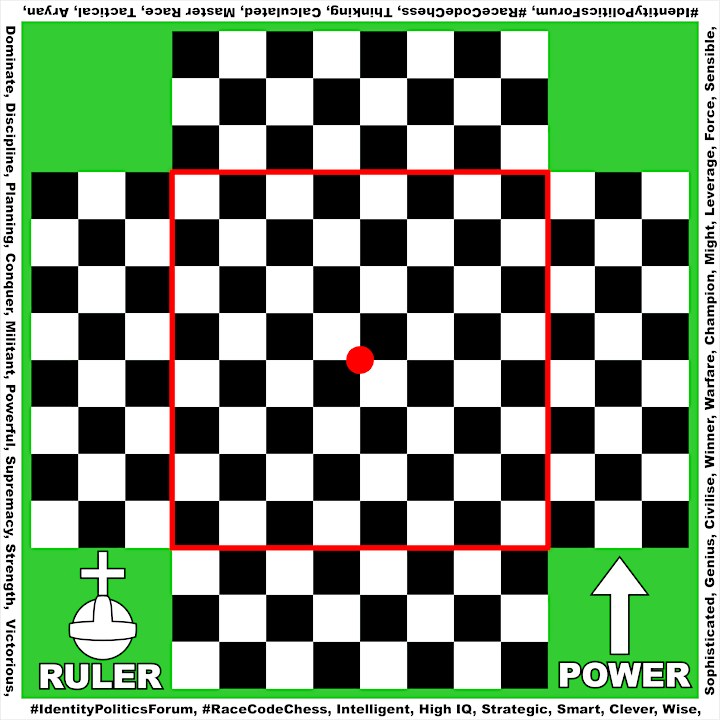
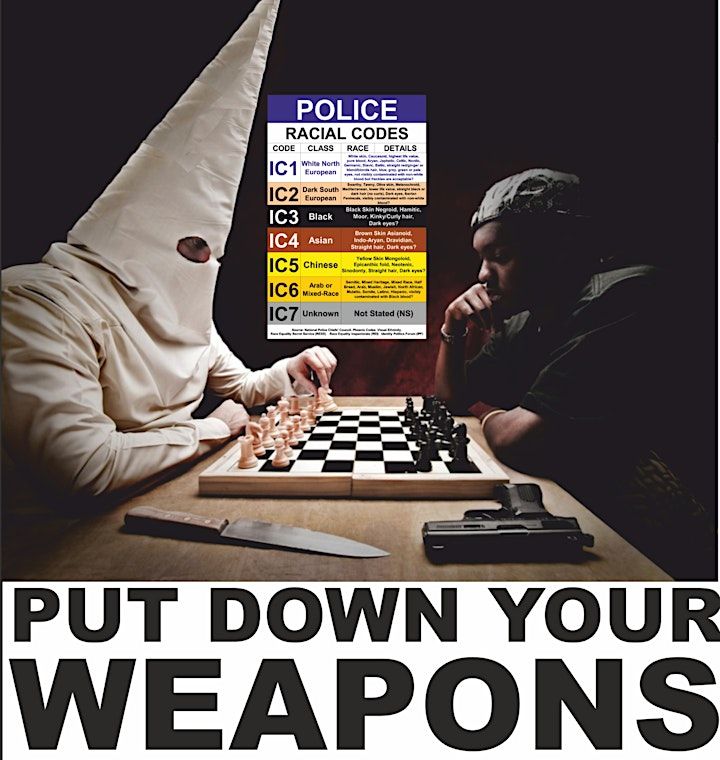
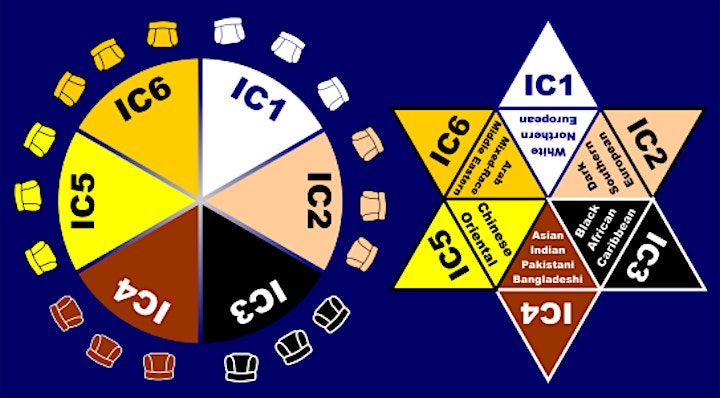
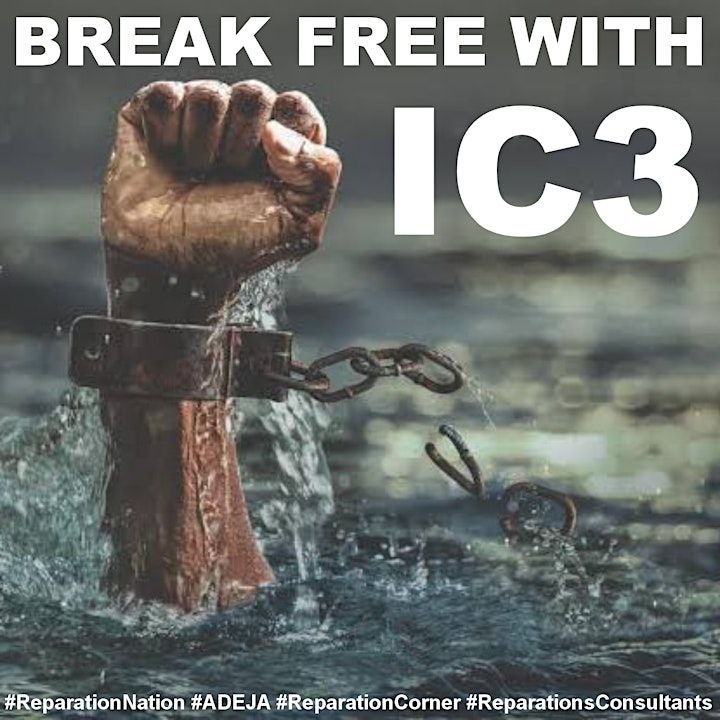
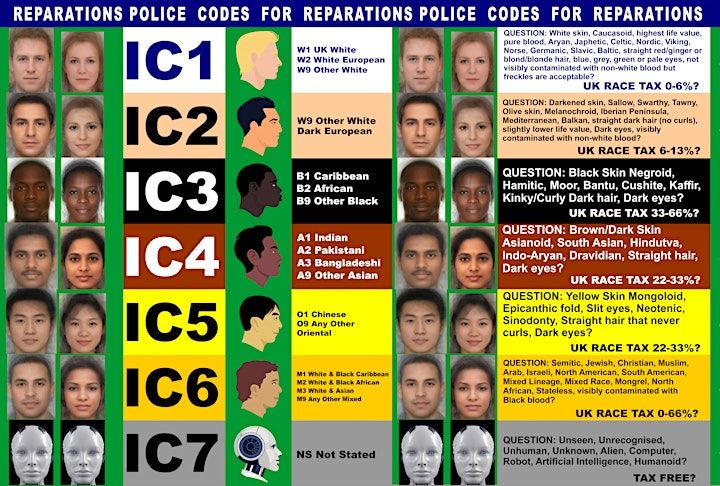
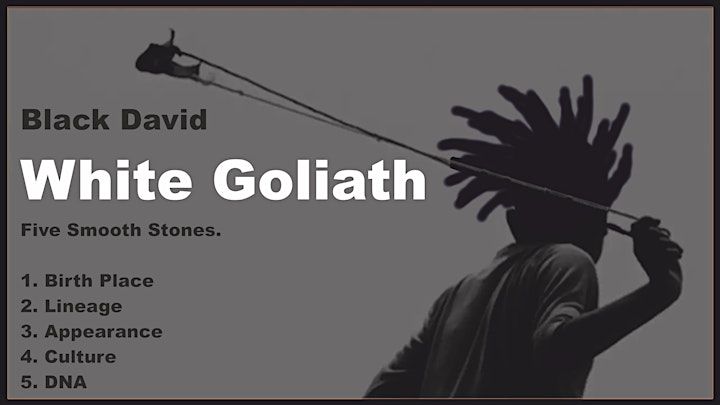
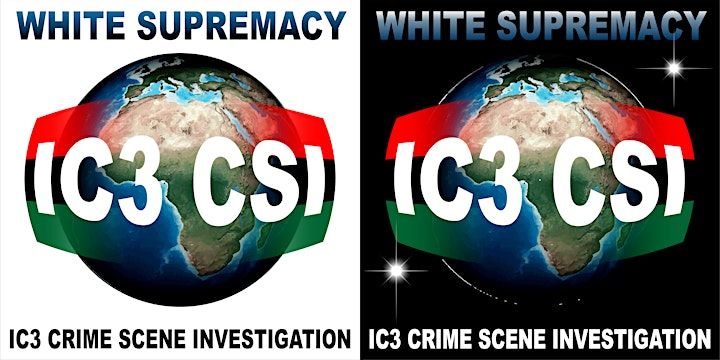
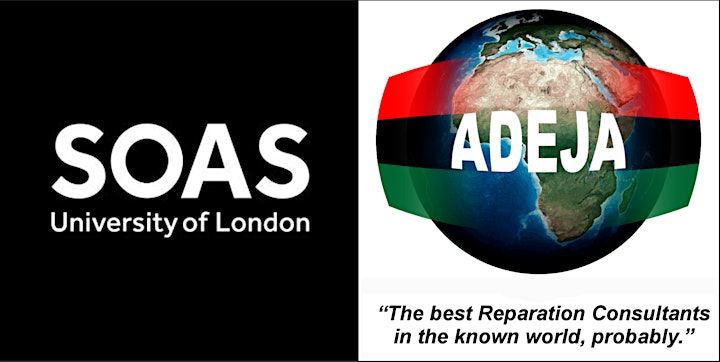
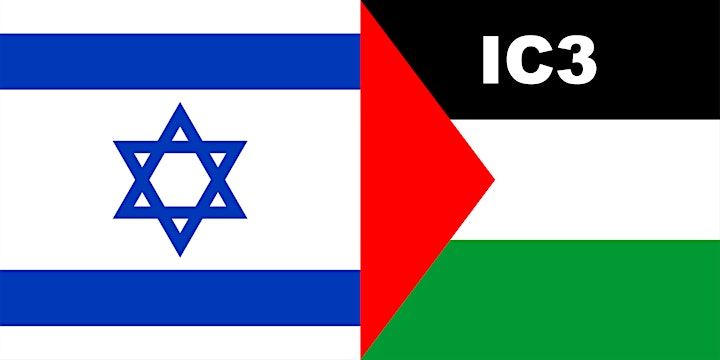
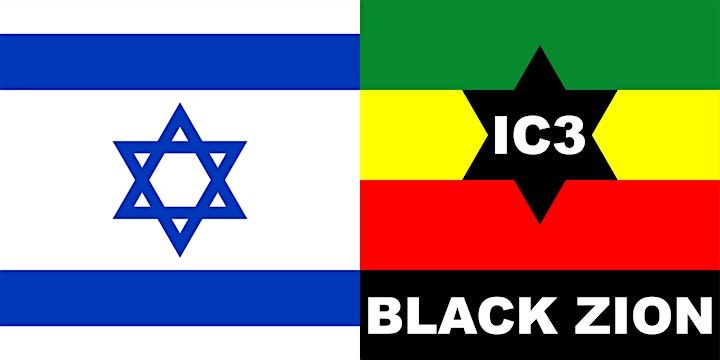
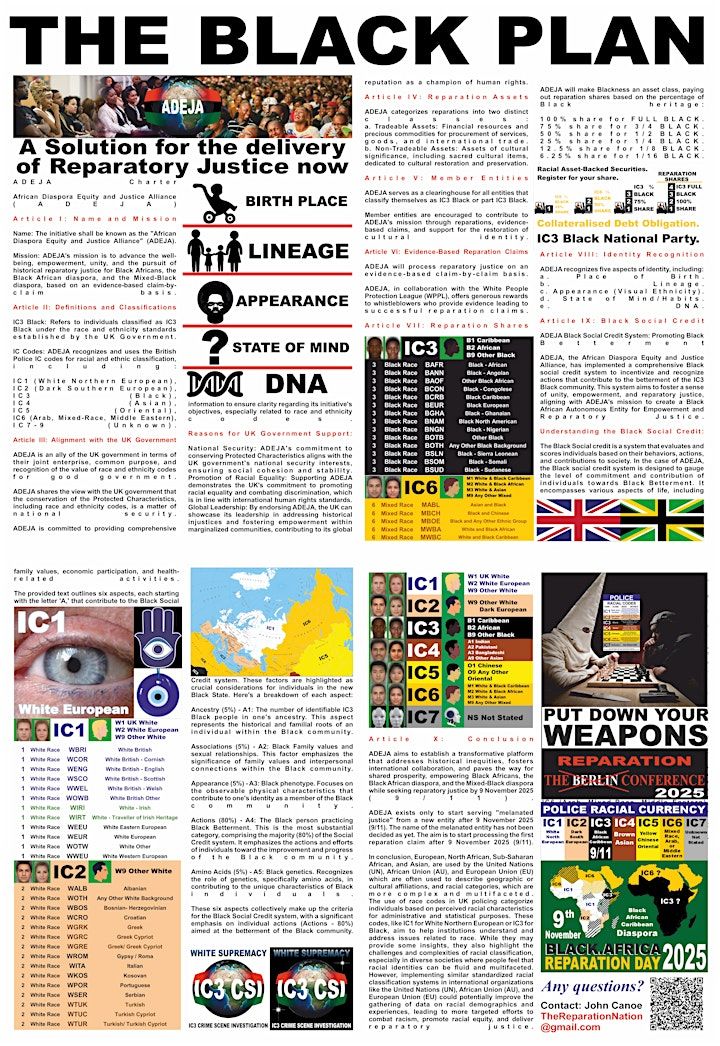
Where is it happening?
SOAS University of London, 10 Thornhaugh Street, London, United KingdomEvent Location & Nearby Stays:
GBP 0.00














